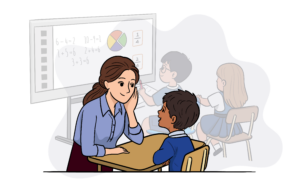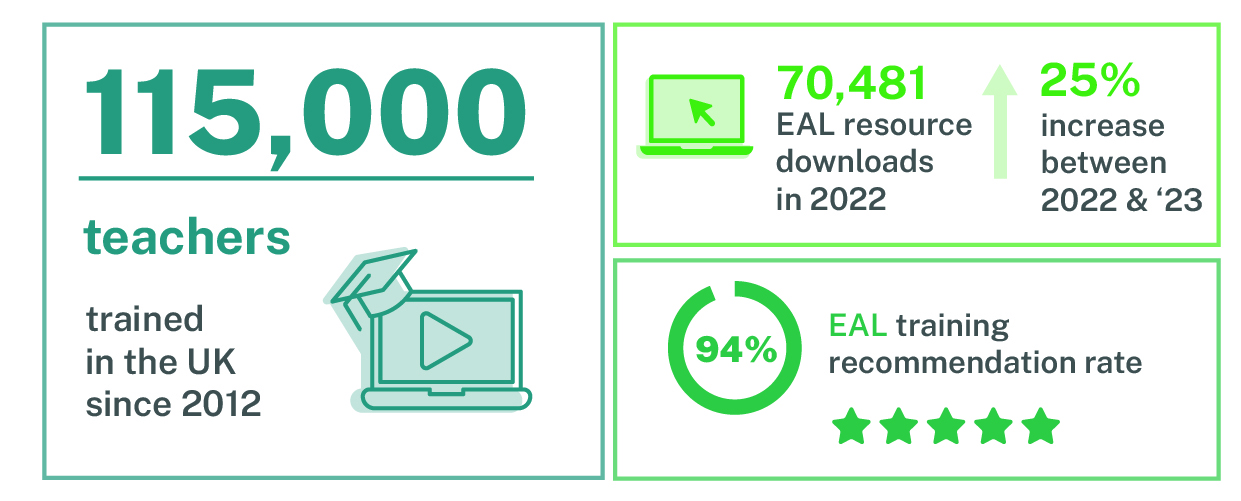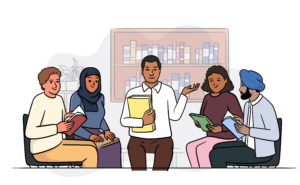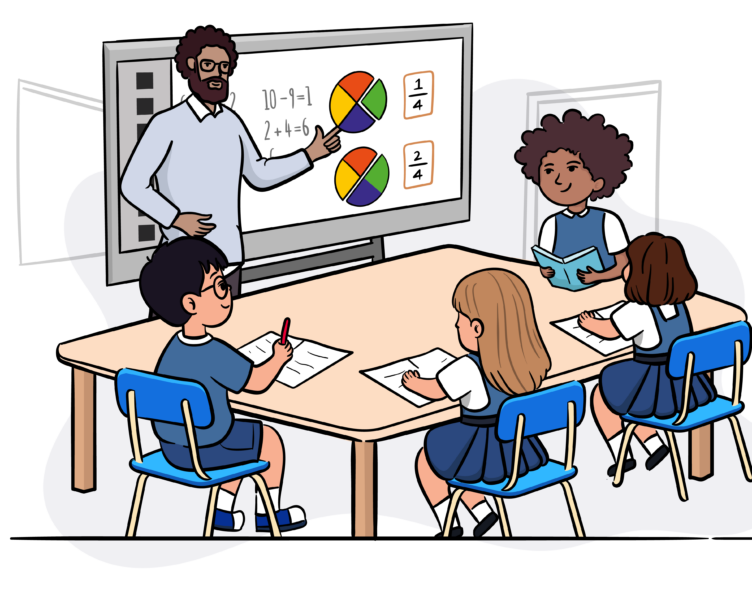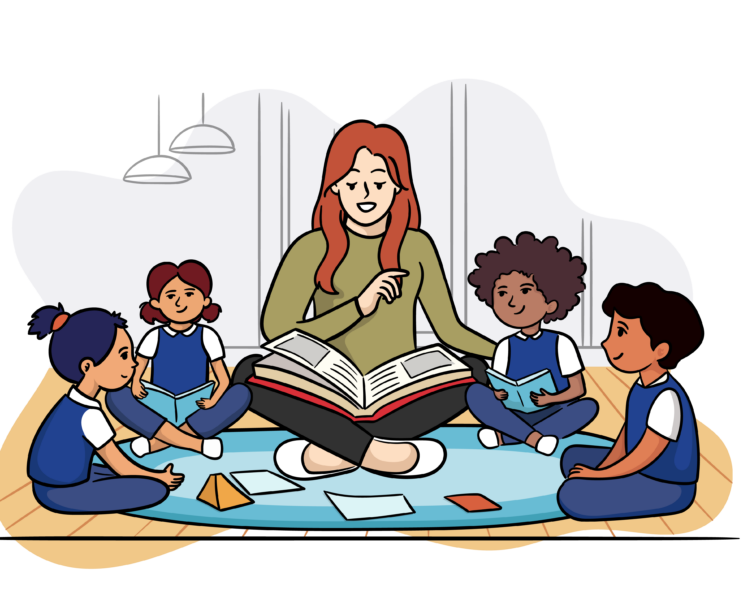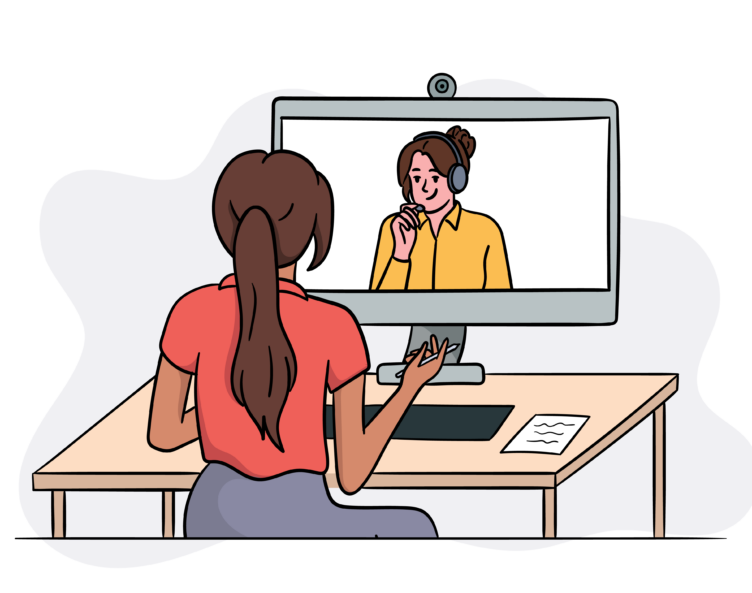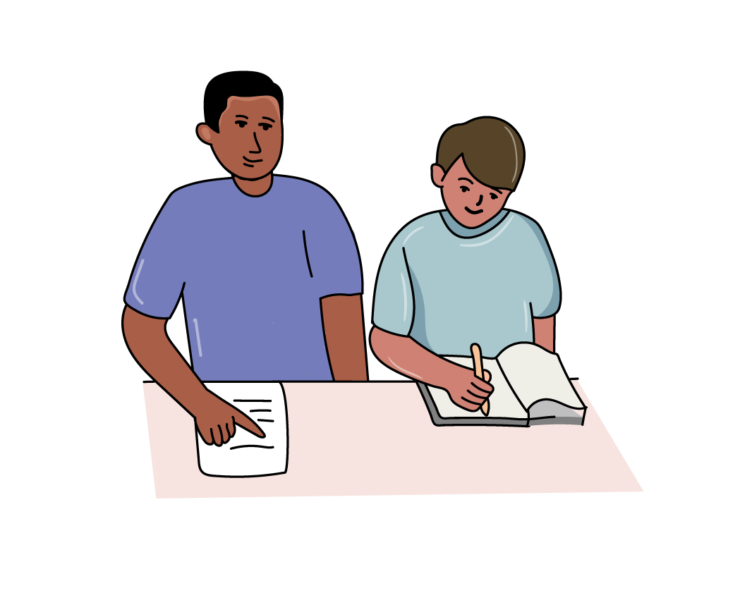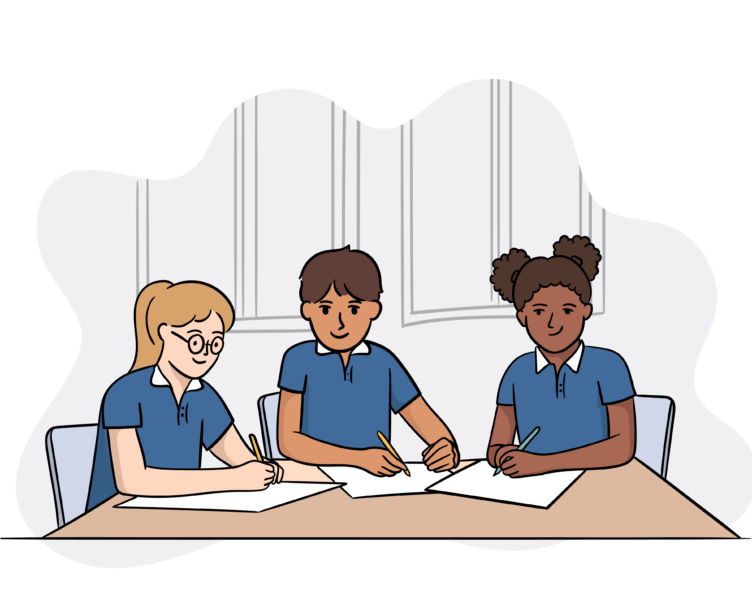If we want to give our young people the very best education and the very best opportunities, we've got to become specialists in EAL so that they don't have any limitations or limiting factors that stop them from achieving the success that they're capable of
Sufian Sadiq
Director of Teaching School at Chiltern Learning Trust
